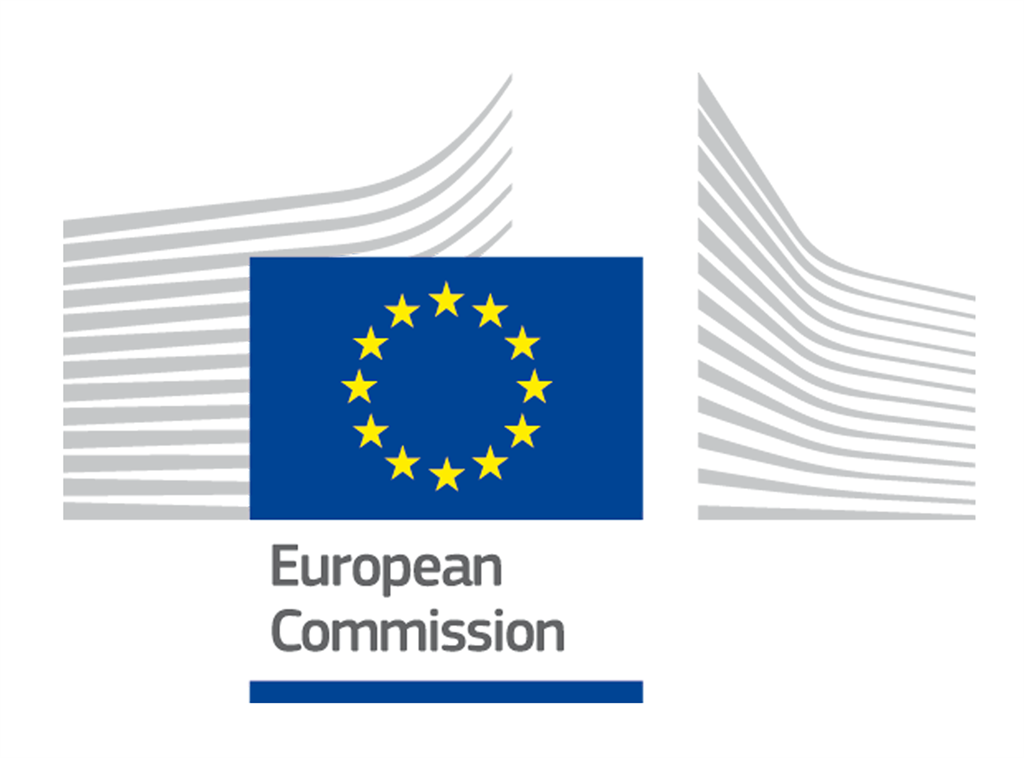Community / Land projects / Provision of transitional shelter and NFIs to the most vulnerable IDPs in Northern Baidoa
Provision of transitional shelter and NFIs to the most vulnerable IDPs in Northern Baidoa

€199206.4252
09/16 - 08/17
Completed
This project is part of
Implementing Organisations
Donors
Data Providers
Objectives
The shelter project will support the provision of sustainable transitional shelter and NFIs to the vulnerable IDPs in Northern Baidoa. The project will target new arrivals with NFIs and emergency shelter kits while vulnerable protracted IDPs will be supported with transitional shelter construction. The transitional shelter construction will adopt owner-driven approach where project beneficiaries will be involved in the planning and site layout, actual construction and monitoring. SYPD will provide technical guidance throughout the construction process. The project activities will target an estimated 3000 vulnerable IDPs. Based on the 2014 Somalia demographic profile this is estimated to include 869 women, 812 men, 638 boys,681 girls. Priority will be given to vulnerable female headed households and actual gender disaggregation will be updated after beneficiary registration. The shelter typology will be the charish, with iron sheet (CGI) roof, poles and sticks walls plastered with mud and a raised floor. The typology is the traditional shelter across Somalia and will be readily acceptable to the beneficiaries and appropriate to the temperate climatic conditions. Due to the familiarity with the typology among the beneficiaries, the owner-driven approach will be easily adopted. In addition, the project will provide NFIs to vulnerable IDPs to allow them live a dignified life. The shelter construction process will mainstream Housing, land and property rights. This will include holding consultations with local authorities, local land owners and host communities to explore longer term security of tenure for IDPs. SYPD will facilitate the acquisition and signing of security of land tenure documents with local authorities to ensure that IDPs are not eventually evicted once the project has been implemented. The project will incorporate site and settlement planning for every shelter construction to promote secure and safe environment for IDPs. The project will mainstream protection issues for IDPs particularly at night by distributing household solar lamps and street lightin. The provision of household lighting will contribute to prevention of gender -based violence and sexual violence and limit the use of environmental unfriendly energy such as kerosene and firewood for lighting.



